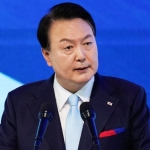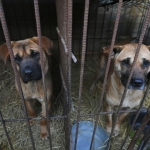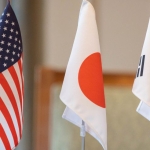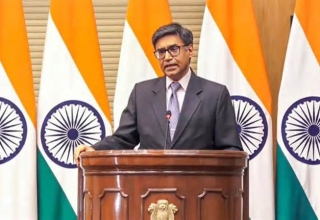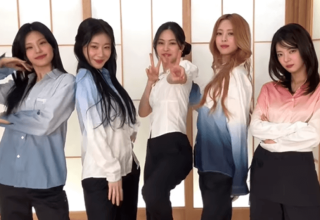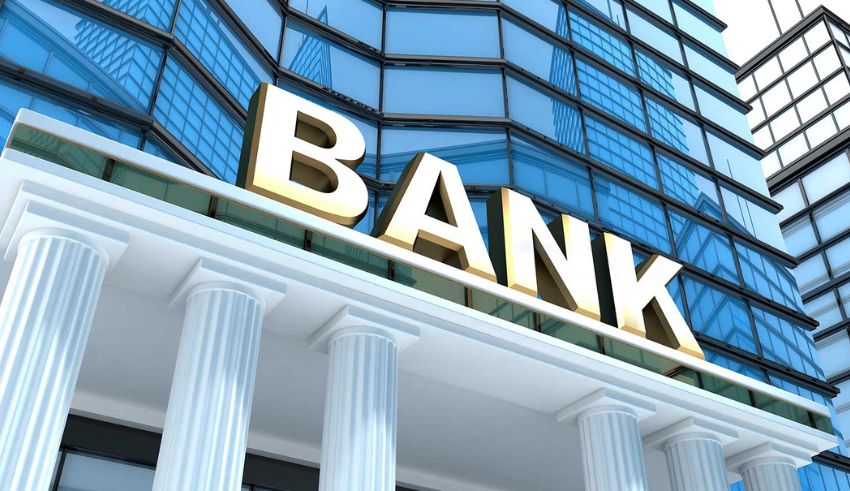
Last week’s imposition of a sweeping short selling ban by South Korean regulators sparked criticism from international banks, alleging authorities succumbed to local retail investors’ demands ahead of April’s parliamentary elections. Effective until June next year, the ban responded to alleged naked short selling, claimed to distort fair price formation in South Korea’s capital markets.
Representatives from two global banks, speaking anonymously due to ongoing investigations, accused regulators of conflating legal and illegal short selling to appease voters. They called the ban a “bogeyman” and a “phantom farce,” arguing it would hinder proper valuation of listed companies and discourage international investors.
South Korea’s Ban?
In South Korea, where retail investors make up about two-thirds of market turnover (compared to 10% in Japan and Hong Kong), critics see the ban as a political move undermining the country’s goal of attaining developed market status.
Keep Reading
Changhwan Lee, founder of Align Partners Capital Management, said the ban contradicts global standards and inhibits measures to prevent stock price bubbles. Banking executives argued it would have detrimental consequences for Korean companies in the long run.
This move follows South Korean regulators’ October announcement of planned fines for two global banks, rumored to be HSBC and BNP Paribas, over “routine and intentional” naked short selling. Local retail investors celebrated the ban as a victory against perceived exploitation by foreign entities.
While the short-term impact on stock prices was positive, reflected in the nearly 6% surge in the Kospi index on the ban’s first trading day, concerns arise about its sustained efficacy. Critics argue punishing naked short sellers is justifiable, but a blanket ban on short selling may not be a sensible solution. The global investment community closely watches developments, contemplating the ramifications of regulatory measures on South Korea’s financial landscape.
